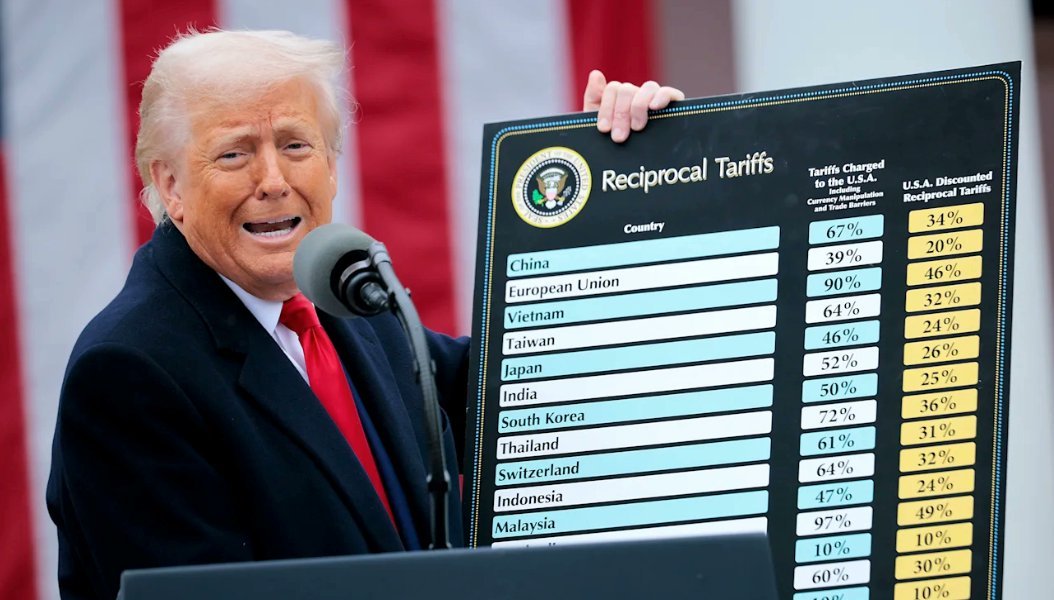Oba Joseph Oloyede, the Apetu of Ipetumodu in Osun State, Nigeria, has been sentenced to 56 months in a U.S. federal prison for orchestrating a sophisticated fraud scheme that siphoned over $4.2 million from COVID-19 relief programs.
The 62-year-old monarch, a dual U.S.-Nigerian citizen residing in Medina, Ohio, was also ordered to pay $4.4 million in restitution, serve three years of supervised release, and forfeit his Medina home and $96,006.89 in seized proceeds.
U.S. District Judge Christopher A. Boyko handed down the sentence on August 26, 2025, in the Northern District of Ohio, following Oloyede’s guilty plea in April 2025 to charges of conspiracy to commit wire fraud, engaging in monetary transactions with criminally derived property, and filing false tax returns.
Also Read:
- Nigerian Banks Ordered to Refund Fraud Victims Within 16 Working Days Under New CBN APP…
- ‘COVID-419’: how cybercriminals in Nigeria exploited schemes to help people in need
- The COVID-19 League: Ranking Government & Corporate Interventions
- E-Banking Fraud Rises by 186%, Access Bank Launches Awareness Campaign
A Calculated Scheme Targeting Pandemic Aid
From April 2020 to February 2022, Oloyede, a tax preparer by profession, conspired with Edward Oluwasanmi, 62, of Willoughby, Ohio, to exploit U.S. Small Business Administration (SBA) programs under the Coronavirus Aid, Relief, and Economic Security (CARES) Act. These included the Paycheck Protection Program (PPP) and Economic Injury Disaster Loan (EIDL), designed to support businesses hit hard by the pandemic.
The Court documents reveal Oloyede operated five businesses; Available Tax Services, Available Tutors, Available Financial, Available Transportation, and JO&A, plus a nonprofit, all Ohio-registered. He used these entities to submit 38 fraudulent loan applications, falsifying payroll and revenue data to secure $1.7 million for his ventures and $1.2 million for Oluwasanmi’s three businesses. Oloyede also targeted clients, preparing bogus applications for a 15-20% kickback, which he failed to report to the IRS.
The funds, meant to stabilize struggling businesses, were instead spent on personal luxuries. Investigators found Oloyede used the money to buy land, build a home, and purchase a luxury vehicle. Notable transactions include $100,000 in loans for four of his companies in June 2020 and two $500,000 loans for JO&A and Available Transportation in October 2021.
Investigation and Arrest
The scheme came under scrutiny as part of a broader U.S. crackdown on pandemic fraud, led by the FBI’s Cleveland Division, IRS Criminal Investigation, and the Department of Transportation’s Office of Inspector General under the Pandemic Response Accountability Committee’s Fraud Task Force. Audits likely flagged discrepancies in SBA loan records, cross-referenced with tax and bank data, exposing Oloyede’s falsified documents.
Oloyede was indicted on April 3, 2024, on a 13-count federal grand jury indictment and arrested on May 4, 2024, after reportedly fleeing Nigeria in March 2024 amid suspicions of impending scrutiny. Oluwasanmi, who pleaded guilty on April 10, 2025, received a lighter 27-month sentence in July 2025, along with a $15,000 fine, $1.2 million in restitution, and forfeiture of property and over $600,000.
In court, Oloyede pleaded for leniency, claiming the pandemic’s economic toll on his tax preparation business and nonprofits drove him to fraud for “survival.” Judge Boyko rejected this, citing the betrayal of public trust by a community leader.
Fallout in Nigeria
Back in Nigeria, Oloyede’s conviction has sparked controversy. The Osun State government, under Governor Ademola Adeleke, is reportedly moving to depose him as Apetu of Ipetumodu, a process that may involve traditional rites or legal action to preserve cultural integrity. Social media reactions on platforms like X reflect public outrage, with phrases like “from palace to prison” capturing the scandal’s impact on Yoruba leadership.
This case underscores the global reach of U.S. fraud investigations and the vulnerability of emergency relief programs to exploitation. As authorities continue recovering stolen funds, Oloyede’s fall from monarch to inmate serves as a stark warning of accountability, transcending borders and titles.
























